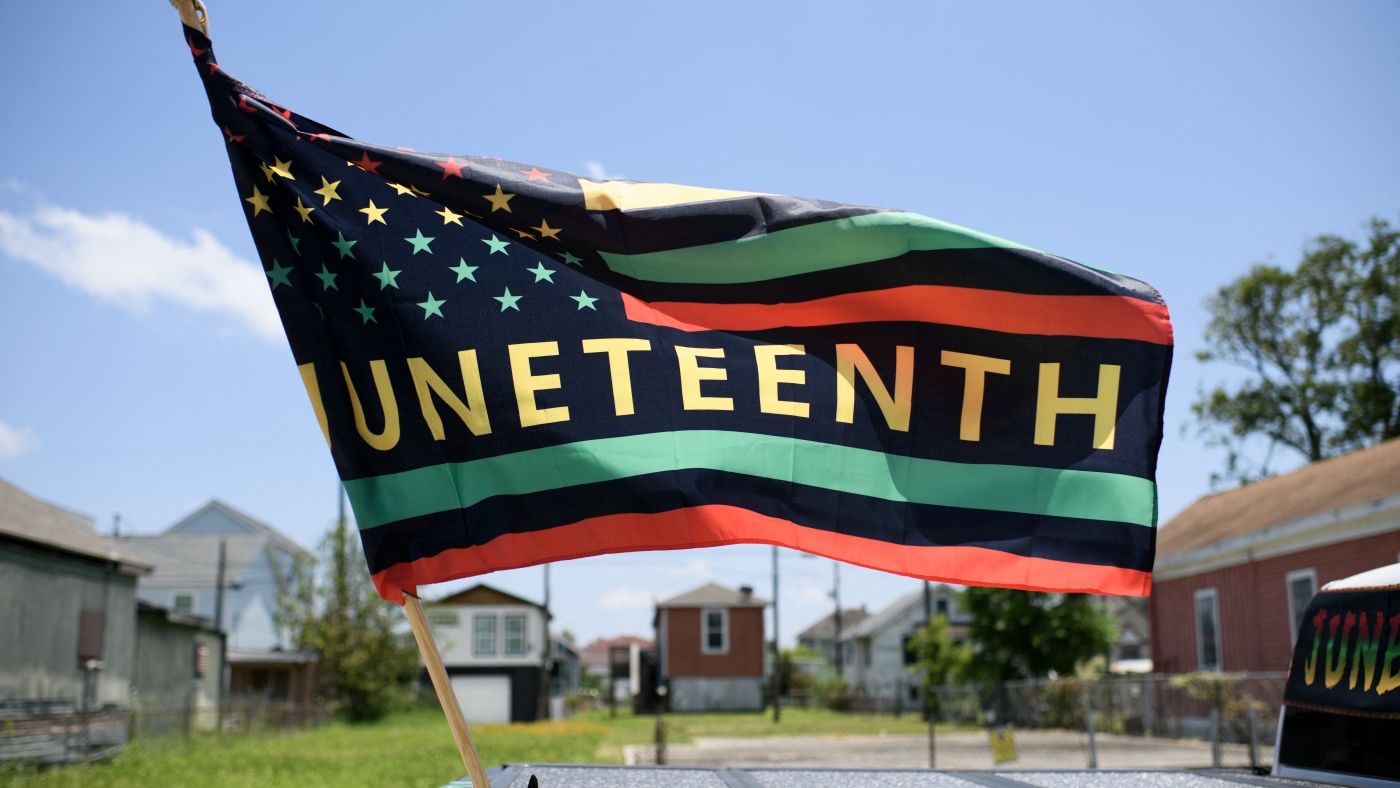Juneteenth: Exploring Freedom, History, and Community Through a Multifaceted Lens
Understanding the Roots of Juneteenth
Juneteenth commemorates a pivotal moment in American history when, on June 19, 1865, Union troops arrived in Galveston, Texas, to announce the end of slavery—over two years after the Emancipation Proclamation was signed. This delay reveals the uneven path to liberation faced by enslaved African Americans, highlighting the enduring cruelty of institutionalized slavery and the remarkable resilience of those who lived through it. The day serves not only as acknowledgment of this dark chapter but as an opportunity to honor those who suffered under enslavement and those who paved the way toward equality.
Juneteenth as a Space for Acknowledgment and Healing
More than a historic marker, Juneteenth operates as a collective moment for reflection on the enduring legacy of slavery. By honoring ancestors whose lives were cut short or forever altered, communities engage in a form of healing that confronts past injustice while recognizing survival and progress. This process is crucial in addressing the persistent racial inequities embedded in society. Juneteenth invites individuals and communities to grapple honestly with history, fostering a renewed dedication to equity and justice.
The Dual Nature of Celebration: Joy and Reflection
Celebrations surrounding Juneteenth blend remembrance with festivity—cookouts, music, parades, and gatherings echo a long tradition of reuniting families and communities fractured by slavery. These joyous moments don’t simply signal a party but symbolize the profound value placed on freedom, resilience, and cultural pride. The juxtaposition of solemnity and celebration underlines how acknowledgment of hardship and the embrace of joy can coexist, enriching the holiday’s significance.
Political Resonance and Civic Engagement
Juneteenth transcends personal or communal significance to serve as a potent political symbol. It underscores the importance of active citizenship, encouraging voter registration, advocacy for social justice, and participation in civic life. The holiday’s evolution from a regional observance to a federal holiday reflects increasing recognition of these political dimensions. Freedom, as Juneteenth reminds, involves ongoing struggles and responsibilities, linking emancipation’s legacy to contemporary movements for equality.
Navigating Commercialization and Inclusivity
The rise in Juneteenth’s popularity has brought a wave of commercialization, sparking debate over whether such commodification threatens to overshadow the holiday’s deeper historical and cultural meanings. Yet, heightened visibility also signals progress in incorporating Black history into the national narrative. The challenge lies in balancing celebration with education—ensuring Juneteenth remains a moment of purposeful reflection accessible to all Americans rather than a diluted party detached from its origins.
Personal Meaning and Diverse Narratives
Individual responses to Juneteenth reveal a tapestry of experiences—familial ties, cultural identity, and calls for broader freedom and justice. For many, it ties generations past and present, offering empowerment and a reminder that the journey toward true freedom continues. These varied perspectives enrich Juneteenth’s meaning, framing it as a living, evolving observance that honors the multiplicity of Black life and history.
A Living Legacy: Juneteenth’s Enduring Impact
Juneteenth embodies more than remembrance—it represents renewal and hope. It challenges society to confront its past honestly and to engage actively in shaping a future where freedom and justice are genuine realities for all. This holiday’s growing prominence reflects a crucial opportunity: to celebrate resilience, amplify cultural heritage, and recommit to ongoing struggles for equality. In embracing Juneteenth’s full narrative, America can move toward a more inclusive and honest understanding of its history and aspirations.

